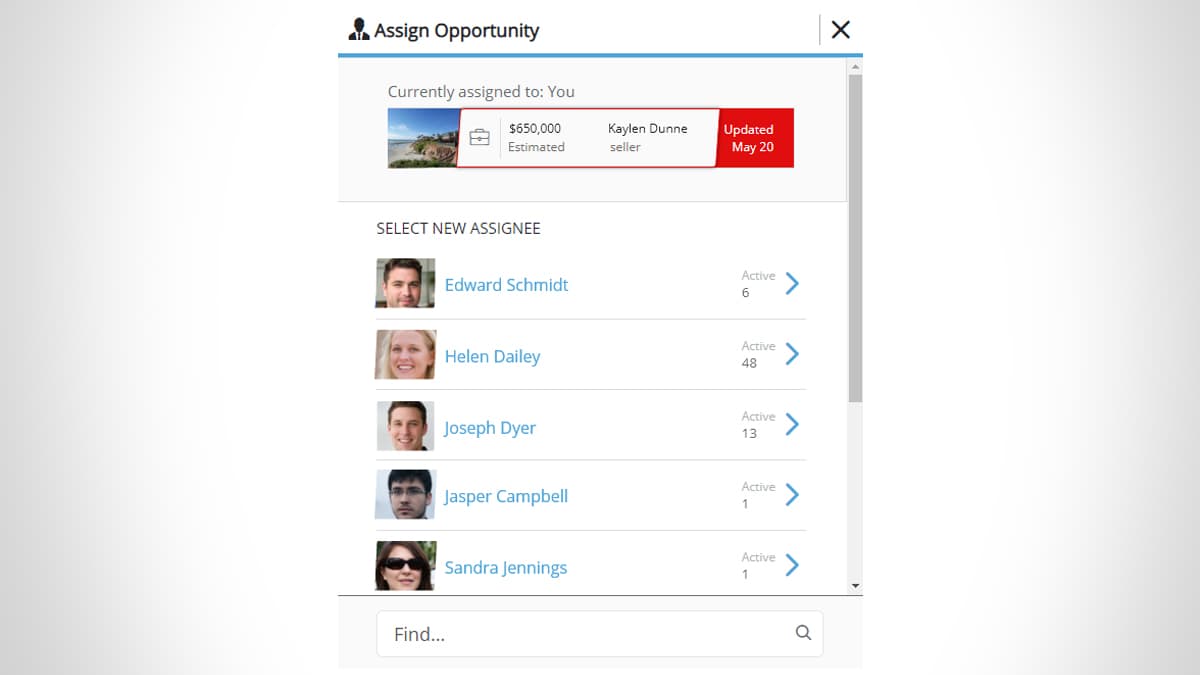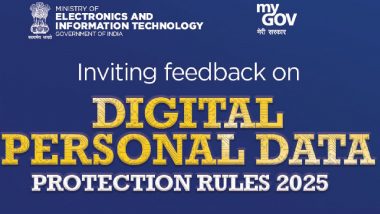Roy Dekel is a man who knows what he’s doing. Israeli born, but American by heart, he’s spent decades developing his ability to understand how technology can impact the real estate business specifically.
Utilizing his expertise he set off to found SetSchedule, a tech-based app matching realtors with buyers/sellers via the use of AI, SAAS & consumer cloud communication services, as well as autonomous business flow applications.
With the launch of their next Social Media venture fast approaching, we sat down with Roy to understand his views on social media today and where he sees the industry moving towards within the next few years.
Thank you for taking the time to sit down with us today, Roy. We know you’re a busy man! When we were thinking about what we wanted to ask you during this interview, the main thing that came to mind was social media strategy. One of the biggest challenges when it comes to social media usage is sifting through content to find the true value hidden there. What do you think are some good strategies to put in place when trying to stand out from the clutter?
Happy to be here! I’m always up for talking about social media. To answer your question, I really do think that the current trend we’re seeing has a big focus on passive engagement. People don’t usually go to their social media feeds with a specific goal in mind. A lot of us find ourselves reaching for our phones just so we can disconnect from our daily life for a moment. We scroll through our feed and look at post after post without actually getting anything of value out of them, or even engaging at all.
When I think about breaking that idleness as the poster, the person who is creating the content that people scrolled through, I think about human psychology and marketing. How can I make this post exciting for the viewer? Attractive imagery, strong question-based directed content, and a value add are all things to consider when you’re posting with purpose.
With Covid forcing everyone to spend more time on their phone than ever before, many entrepreneurs have taken advantage of this from the start and have now established themselves on their platform of choice. Do you think it’s too late for new players to achieve the same level of success now that life is slowly going to be returning to normal?
It depends on how you look at it. When striving for notoriety on any platform, the resource you’re competing for is the market share that is people’s attention. Different platforms have different users and demographics that use them. While some influencers could be seen as having “cornered” platforms, people’s online attention is fleeting. Having a large following now doesn’t mean your influence will be lasting.
What I think this Covid curveball really accomplished from a social media perspective is the realization that there are a lot more opportunities than people previously realized. Establishing yourself on a platform that has its own unique value proposition is not as impossible as we once thought. With the boon that Zoom and Microsoft Teams have experienced, as well as the rise of other novel concepts like Clubhouse and Houseparty, we’re a far cry from new players being completely shut out - you just have to know which audience you’re trying to capture.
I’m glad you brought Clubhouse up, actually. Do you feel that the invite-only aspect of exclusivity is a benefit or a detractor for the common user? While psychologically speaking it appeals to human nature, do you think current social movements towards inclusivity could have an adverse effect for the platform in the long run, even after they remove the invite-only aspect?
The exclusivity that Clubhouse, and other now massive platforms like Facebook and even Google mail almost 20 years ago, started off with isn’t for the sake of ostracizing or excluding others. More often it’s for the sake of scalability, with the added benefit that scarcity breeds attention.
The question of exclusivity vs inclusivity when it comes to any product or offering should really be answered as a part of the company’s mission statement. Specialization and catering to specific user activity are a must when developing anything - you need to know who your product is for. This doesn’t mean that you should seek to degrade the experience that non-target users will have. It just means that the company needs to know what their direction truly is, and how to best grow that. That’s not something you can successfully do if you try to build with the goal of pleasing everyone that could possibly use the system. You need to prioritize your value add first and foremost.
Targeting the right platform for your customer base is a strategy social media marketing experts have used for a while now. Do you think doing so limits their ability to discover and connect with other potential clients who might prefer other platforms?
I don’t believe that platform-based targeting as a strategy really limits the discovery of potential clients at an appreciable level. There may be some potential for outliers, but it’s just not common for people to run their job search through Twitter instead of LinkedIn.
It’s more important to know what the focus is per platform, and the mindset your target user will have when they are using said platform. For existing ones like Facebook, there’s an emphasis on persona-based marketing. Based on the user’s interests and engagements, Facebook builds almost like a user profile that controls what ads you’ll be served. For Google Ads Pay-Per-Click, the ads that are served are based instead on the ad’s relevance to the user’s search query.
With the SetSchedule Community Application that we’re gearing up to release in late May/early June, the mindset we’re cultivating is this: it’s a space for professionals and teams that collaborate and generate more business together to post and broadcast content that is relevant to their local community, and to specific professions in those geographical areas.
Getting to know your audience is key to a successful social media strategy. How do you discover what makes your audience unique, and how do you maintain this connection you end up building?
My experience has shown me that the best approach is to actually look at this the other way. It’s important to know who your target audience is first before you begin posting. From there, it’s much easier to know what will catch their attention to begin with.
With the SetSchedule Community Application that’s coming out later this year, we want to reverse the role. Let’s turn posting on its head so you don’t need to spend time building up a digital following that could just as easily end up ignoring your post anyway. That’s the simplicity and beauty of our approach. When you post on the SetSchedule Application, you can decide who and/or where you want to target.
Want to send a hyper-specific question to all the painters in your area? Prep your post with your preferred content - a paragraph or a video/picture, choose where to blast your post, and hit send. No marketing budget or ramp-up time required.
Intentional agitators on social media, or trolls (how they’re better known online), are a nasty side effect of an online presence. Have you found any effective strategies to discourage them from taking up space on your page or profile?
Funnily enough, I treat online negative attention almost like a badge of honor. As an entrepreneur, you don’t get trolled online if you’re not seen as a good target! In my own engagement with social media, I’ve picked up different strategies to avoid people who want to clutter my profiles with digital garbage. For starters, I don’t add people if I can’t verify their identity.
As we build the SetSchedule Community Application, we’re trying to find the right balancing point. Again, in a strange way, it’s almost reassuring. When the application is launched later this year and we encounter agitators or abusers on the platform, that’s how we’ll know we built something worth building. That’s where the rules, moderation, and deletion of fake accounts come into play. It does mean more development and processes, but it’s a problem we’ll be excited to have.
That’s a great way to look at it. As the saying goes, there’s no such thing as bad publicity. One last question before we wrap this up. There’s a constant battle within marketing departments between focusing on quality over quantity. Too much quantity and followers fall off your page, but too little and you leave a potentially lucrative gap between supply and demand. The same can be said for quality. What do you think makes the sweet spot between both?

Well, obviously the sweet spot is the SetSchedule Community Application when we launch! Kidding aside, it’s important to understand your followers and focus on posting with regularity. People on social media like to glance but they don’t like to look, they like to hear but they don’t like to listen. People like to multitask so you need consistent quantity to catch the right viewership, catch the right listenership, and the right prospect. A lot of social media platforms only allow you to find that audience if you have the right marketing budget.
That’s what will make the SetSchedule Community Application so exciting: take advantage of a much more surgical delivery of your question/product/message/update to a specific demographic - even if you’re not currently connected with them. Then, leverage that to grow the communities that are most relevant to you, with the motivation to collaborate with them through teams and other SAAS products that will be added in the coming months. The team environment that we have now is already phenomenal - it’s just a matter of making it more accessible for all professionals.
That sounds like a great platform you guys are working on. Can’t wait to see it up and running! Thank you again for sitting down with us today, Roy. We appreciate it.
Thanks for having me!
(The above story first appeared on LatestLY on May 06, 2021 11:44 AM IST. For more news and updates on politics, world, sports, entertainment and lifestyle, log on to our website latestly.com).













 Quickly
Quickly





















